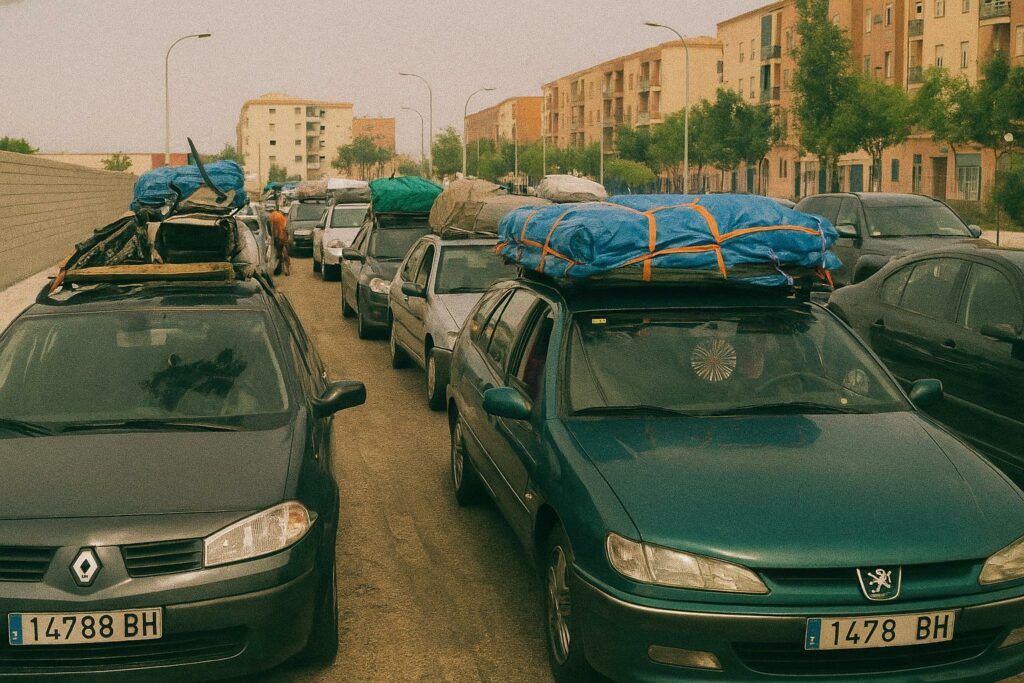Strategic Mobilization of Maritime Resources
In an unprecedented logistical endeavor, Morocco’s Transport Ministry has introduced a robust maritime strategy to tackle the overwhelming flow of passengers and vehicles anticipated during the annual ‘Marhaba’ operation. This year’s plan includes deploying 29 vessels over 13 strategic routes, further enhancing the country’s capacity to manage heightened summer travel demands. Minister Abdessamad Kayouh, during his address to Parliament, underscored the significance of these enhancements, emphasizing the coordinated efforts of various stakeholders to ensure seamless travel for an estimated 7.5 million passengers and 2 million vehicles.
Aviation Enhancements and Open Sky Policy
Complementing the maritime efforts, Morocco’s aviation sector is also gearing up for the influx of travelers. The government has granted permissions to 59 airlines, facilitating 2,135 weekly flights from Moroccan airports to 141 global destinations. National carrier Royal Air Maroc is at the forefront of this expansion, having increased its fleet with additional aircraft to offer a total of 6.6 million seats. This strategic approach not only supports increased passenger capacity but also showcases the Kingdom’s commitment to its successful ‘Open Sky’ policy initiated in 2006, which has attracted over 50 airlines, including competitive low-cost carriers.
Significance of the ‘Marhaba’ Operation
Regarded as one of the largest annual migration movements globally, the ‘Marhaba’ operation carries profound social and economic implications. This operation facilitates the return of millions of Moroccan expatriates, bridging cultural and familial ties while bolstering the nation’s tourism sector. The meticulous coordination between government agencies and transport operators ensures a streamlined process across all transit points, highlighting Morocco’s dedication to maintaining its expansive diaspora network, which exceeds 5 million globally.
Challenges and Future Prospects
With increasing demand, Morocco’s enhanced transport infrastructure remains crucial to the operation’s success. As more expatriates engage in this annual tradition, the pressure on routes and resources intensifies. Successfully managing this operation not only reinforces familial bonds but also contributes substantially to the national economy through tourism and related sectors. Moving forward, sustained investments and strategic partnerships will be instrumental in meeting these logistical challenges, ensuring Morocco remains connected with its diaspora for years to come.

